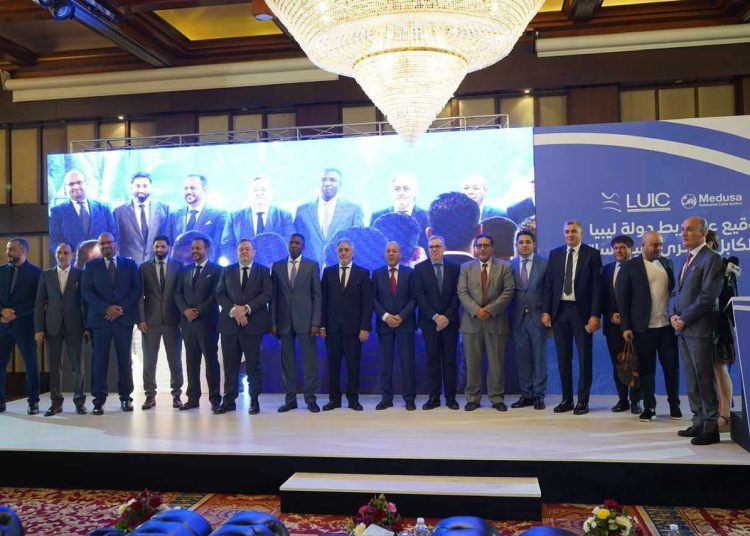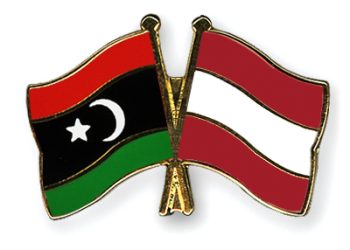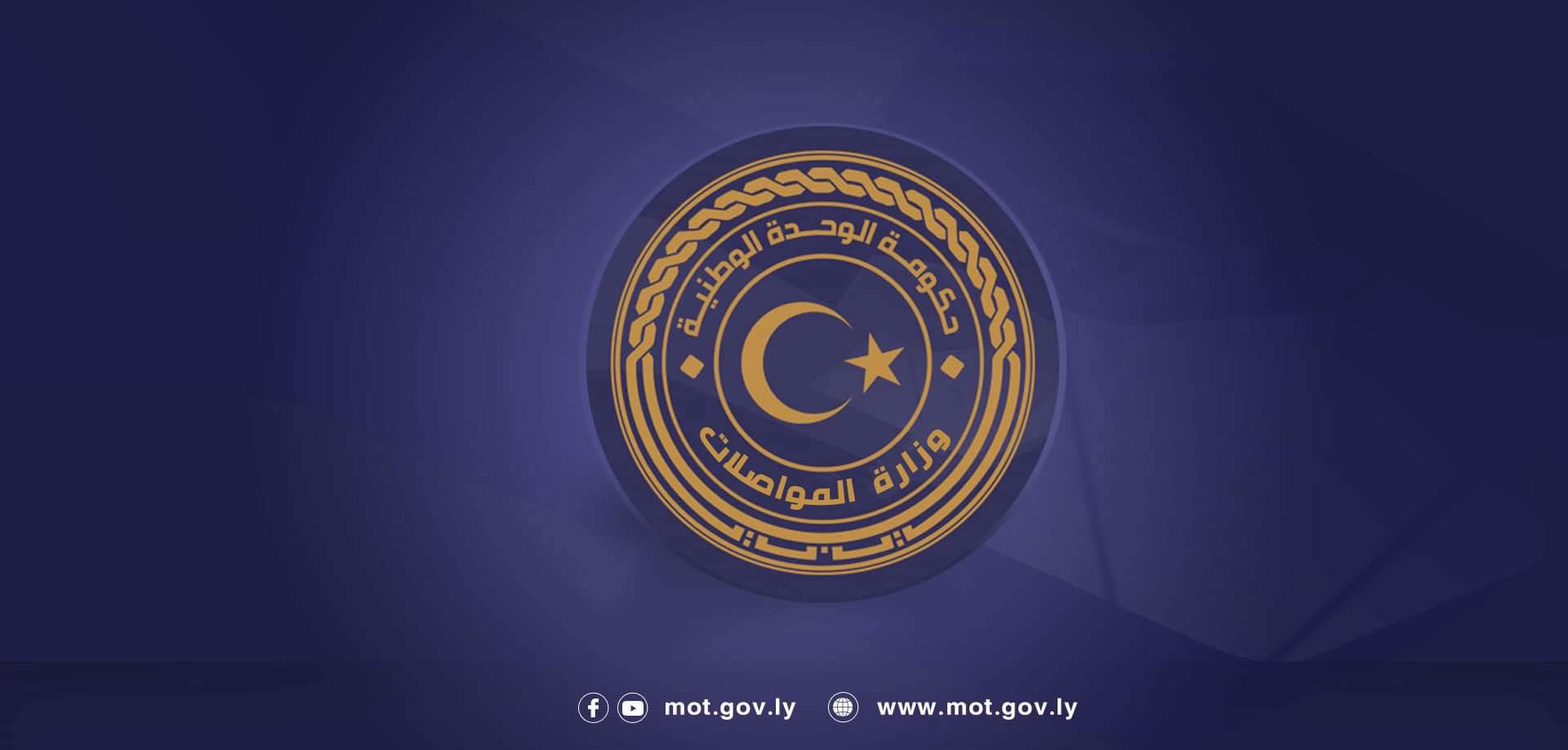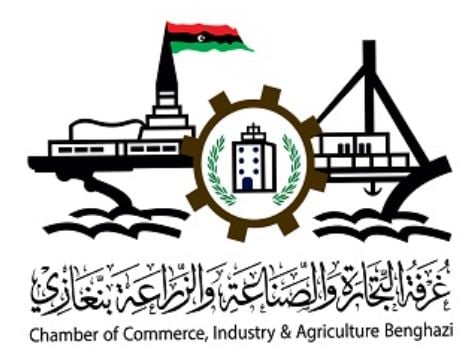The Libyan United International Company (LUIC), one of the newly established private sector companies working in the field of communications, signed a contract last Thursday to connect Libya to the Medusa submarine cable project.
The Medusa submarine cable system connects all of Libya to Europe with the countries of the Mediterranean Basin, including Italy, Spain, Portugal. Morocco, Tunisia, Greece, Egypt and Cyprus.
The LUIC is a newly established consortium of several private sector Libyan companies working in the field of communications.
The signing ceremony, held in Tripoli, was attended by the Chairman of the LUIC, Ibrahim Rehab, the Spanish Ambassador to Libya, Javier Garcia-Larrache, representatives of the Medusa submarine cable system from Spain, directors of several Libyan telecommunications companies, and engineers and specialists in the communications sector.
Catch up with peers
In this regard, the Chairman of the LUIC, Ibrahim Rehab, told Libya Herald that signing a contract to link Libya with the Medusa submarine cable will enable Libya to develop the services of the telecommunications sector and keep pace with the developments taking place in many of the countries that preceded it in signing the link with this cable.
Enables Libya to export telecoms services
He said this would also make Libya an exporter of telecommunications and Internet services to African countries located to the immediate south of Libya in the first stage and to sub-Saharan countries in the second stage. This, he added, brings good economic returns and opens various fields of work for workers in the fields of telecommunications.
Make Libya an important hub
Rehab believes that hosting the Medusa submarine cable system within the communications infrastructure in Libya will enable the provision of additional communication solutions and enhance the diversity of the submarine cable infrastructure, which represents a significant step in the Libyan communications sector and contributes to making Libya an important hub for linking Europe to Africa.
Will contribute to digital transformation and diversification
He said the local private sector can connect and operate submarine cables effectively and with high quality within a healthy competitive climate with public sector companies. This comes within the strategic vision set by the Tripoli based Libyan government to develop the telecommunications sector by granting a license to connect with the Medusa submarine cable from the Communications and Informatics Authority. He explained that the government’s supporting the project will contribute to the digital transformation plan in Libya by diversifying communications sources in a secure manner.
In the same context, the Director of Al-Shafaq Al-Dhahabi Communications Company, part of the LUIC consortium, Mohamed Al-Nasr, said that work on connecting to the Medusa cable began at the end of last year, especially with the approaching expiration of the submarine cable with Italy in 2025.
26 months required for connection
The connection to the Medusa cable, he revealed, will require approximately 26 months. After its completion, he added, it will give the Libyan communications sector a qualitative leap that will raise the quality, capacity, and speed of communications and the internet locally and enable Libya to export these services to the countries of Chad, Niger, Mali, and then the countries of Central Africa.
Medusa will diversify data movement, reduce congestion
Al-Nasr stressed that connecting to the Medusa cable will raise the current challenges for maritime connectivity networks by establishing new channels in the cities of Tripoli and Benghazi to diversify data movement and reduce congestion, and raise capacity through cables that contain a larger number of fibres. It will also facilitate access to all European landing stations, especially since the Medusa submarine cable system segments contain 24 pairs of fibres, transmitting approximately 20 Tbps per fibre pair.
Libya a digital gateway to Africa
Al-Nasr said the Medusa cable connection will contribute to making Libya a digital gateway to Africa, in addition to its support for Libya’s digital sovereignty in a very secure and advanced manner, it will also contribute to the implementation of the national strategy for digital transformation for Libya.












